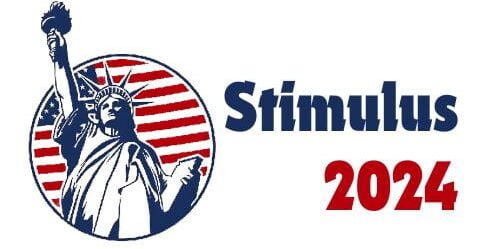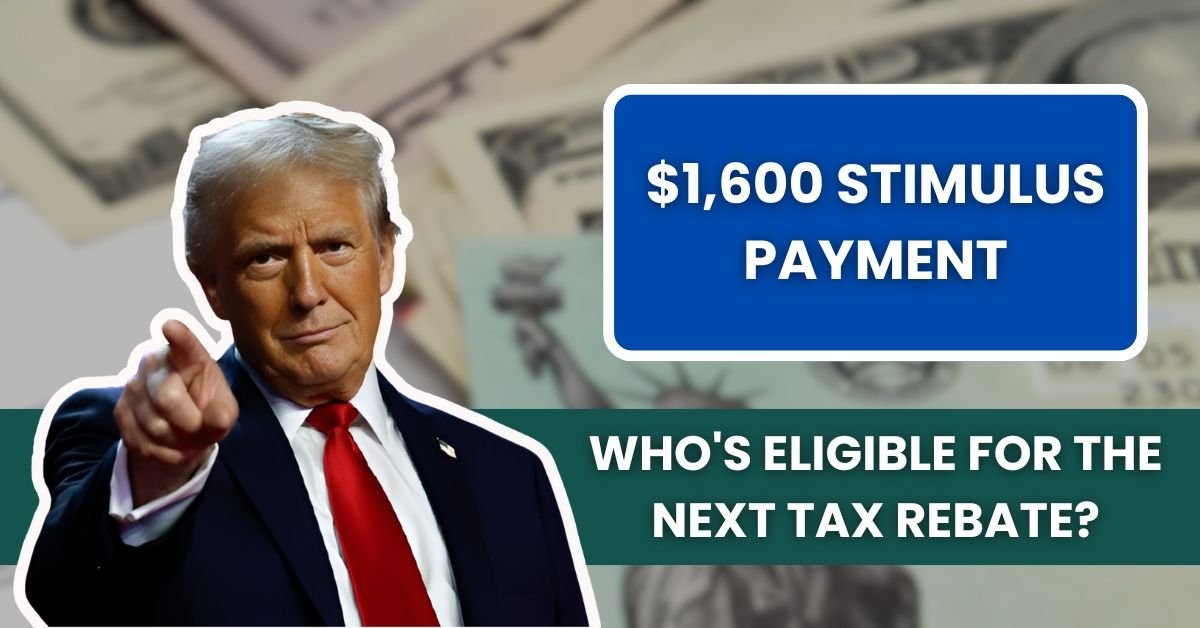Actually, the Measure 118 stimulus offers many Oregonians an exciting opportunity to potentially claim up to $6,400. The aim of this initiative is to give the state’s four million people the means to combat the rising cost of living, especially in the run-up to winter.
The distribution would come in the form of a refundable tax credit or direct cash rebate. That means, depending on the size of your family, $1,600 per person. The plan would still have to pass legislative checks and win approval from the coming November vote to become a reality.
Aim of This Stimulus-like Payment or Tax Rebate
The next three years will be focused on supporting low- and middle-income households. Conditions for eligibility include being physically present in Oregon at least 200 days. We are looking to “help those who need it most in our state and without leaving anyone behind.”
According to Executive Director of the Community Alliance of Tenants Kim McCarty, Measure 118 is necessary because “This measure is a lifeline for Oregon renters who are struggling to pay skyrocketing costs.” The rebate, she said, plucks immediate relief from an increasingly volatile and sometimes predatory housing market.
For many people, this is a check that makes the difference between homelessness and being able to stay in a stable home. Aside from an increasingly expensive housing market, there is an escalating crisis in affordability caused by a shortage of affordable housing units and a trend of continually rising rents.
Also Read: The True Value of SSI, SSDI, and Retirement Benefits in 2025
The Growing Need for Assistance
Given these challenges, the need for assistance programs and effective policies, such as Measure 118, to help Oregonians manage rental costs and avoid housing instability has increased.
Why Could Measure 118 Face Rejection?
The state plans to fund this program, which affects Portland and other areas, by increasing its minimum corporate tax on corporate income over $25 million to three percent. It’s provoking debate: businesses may yet pass this tax hike on to consumers.
In an interview with Newsweek, finance expert Michael Ryan said, “Oregon is among the most aggressive, but its approach.”
Conclusion
Overall, Measure 118 is an ambitious measure aimed at easing the financial squeeze on Oregonians who are struggling to pay for housing, especially with housing costs on the rise. This is a much-needed tax rebate program that offers up to $6,400 per family, and as an increasingly challenging economic landscape continues, parents could see this amount provide them with much-needed relief.
Its funding approach, though, raising the corporate tax, is controversial, with qualms about whether it would mean consumers would have to pay more money. Ahead of the vote, Measure 118 will show you whether Oregonians want this targeted relief approach to help increase housing stability and reduce overall affordability.
Also Read: 2025 SNAP Increase: Key Eligibility and Payment Dates for Eligible Americans
FAQs
Q. What is Measure 118 and how does it work?
A. Measure 118 is a proposed initiative in the state of Oregon that seeks to give financial assistance to low- and middle-income households by means of a refundable tax credit or direct cash rebate. To help alleviate rising costs in housing, eligible individuals could receive up to $1,600 each, up to a possible $6,400 for families. It must win approval in the legislature and in a November vote to go into effect.
Q. Who is eligible for the $1,600 stimulus payment under Measure 118?
A. Individuals may only be eligible for the $1,600 stimulus payment outlined in Measure 118 if they were physically present in Oregon for at least 200 days. The initiative focuses mainly on low- and middle-income households and seeks to help constitute people who need it most.
Q. How will Measure 118 be funded?
A. The Legislature is proposing to use $118 to fund a measure by increasing the minimum corporate tax on corporate income over $25 million to three percent. The funding method has sparked debate on the issue of consumer impact—businesses might raise taxes on consumers.

